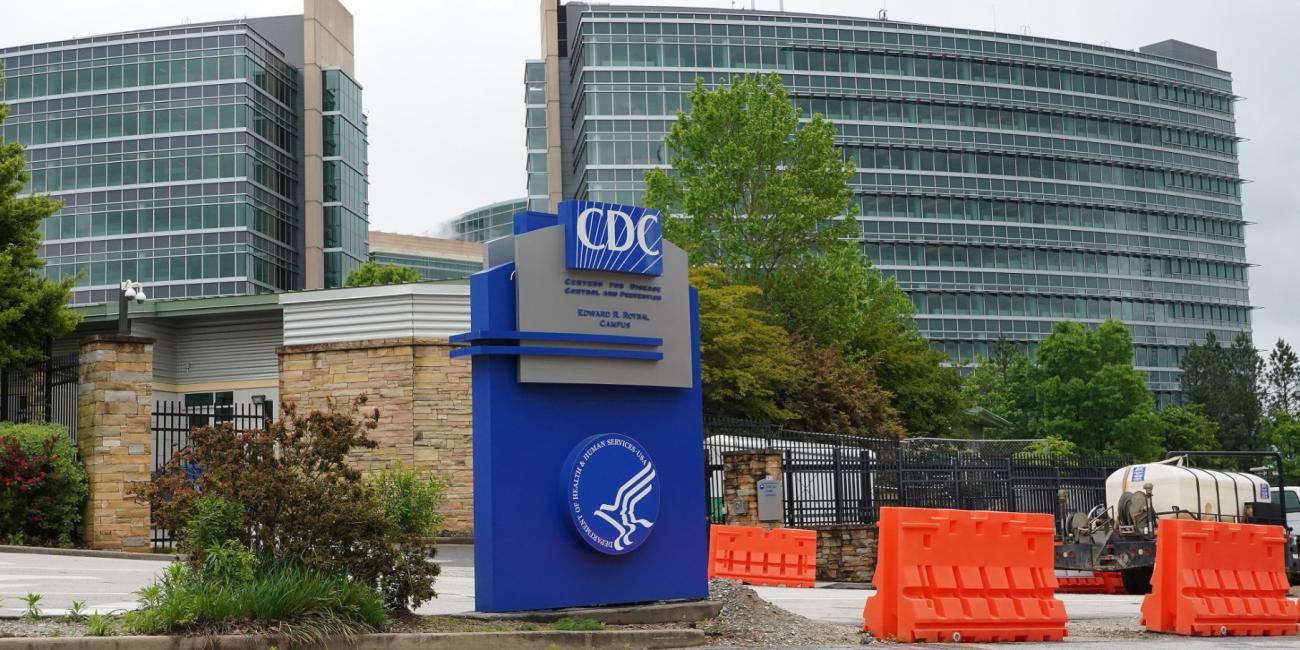
Yale study misrepresented in false claims about 'airborne vaccines'
- This article is more than two years old.
- Published on November 19, 2023 at 03:39
- 2 min read
- By Tommy WANG, Katharina ZWINS, AFP Hong Kong, AFP Austria
"Yale University is developing technology to deliver new mRNA vaccines through the air," reads the simplified Chinese caption of an October 31, 2023 post on Gettr, a social media platform targeting conservatives.
The post includes a clip from a show by The Epoch Times hosted by Roman Balmakov, in which he claims Yale researchers have developed a new method of administering vaccines that would allow governments to inoculate populations "quietly, in a way that people wouldn't even realise that they were getting vaccinated".
"What these researchers over at Yale were able to achieve is to develop a new airborne method of delivery for mRNA vaccines," Balmakov says in the video.

AFP has previously debunked Balmokov's false claims about mRNA vaccines.
The Epoch Times -- backed by the Falun Gong Chinese spiritual movement -- has also previously spread misinformation about the coronavirus pandemic and vaccines.
Similar false posts sharing Balmokov's clip spread thousands of times across Facebook, Bilibili and X, formerly Twitter, as well as in other languages including English and Japanese.
But the August 16, 2023 study cited by Balmokov -- titled "Polymer nanoparticles deliver mRNA to the lung for mucosal vaccination" -- does not mention "airborne vaccines" or vaccinating people remotely (archived link).
The study authors told AFP such a method would not work, while other virologists called the claim a "conspiracy theory".
Intranasal vaccination
Heewon Suh, one of the study's authors from the Geisel School of Medicine's department of microbiology and immunology told AFP on November 3 the research found mRNA molecules delivered intranasally -- directly into the nose -- could effectively vaccinate mice against the Covid-19 virus (archived link).
Intranasal vaccines enter the body the same way as a virus would and aims to build immunity in the mucous membrane that lines the nose and mouth, potentially blocking people from getting infected in the first place and hampering the spread of disease.
"Contrary to reports on social media, an airborne technique would not work in humans and our study did not involve humans.
"Humans must receive a controlled dose that is administered directly into the nose," Suh said.
Another one of the study's authors, W. Mark Saltzman from the Yale School of Medicine, said vaccine doses must be optimised to work properly (archived link).
It would be "impossible" to control the dose with airborne administration, he said on November 14.
'Conspiracy theories'
Other virologists who were not involved in the study said it was not possible to vaccinate people without their realisation through an airborne method.
"The claims are conspiracy theories, nothing else," said Dorothee von Laer of the Institute of Virology at the Medical University of Innsbruck (archived link).
"Given the current state of research, it is not conceivable that a sufficient concentration of vaccine can be achieved on the nasal mucous membranes or in the lungs by administering the vaccine as an aerosol into the air," she said on November 2.
Germany's Federal Institute for Vaccines and Biomedicines, the Paul-Ehrlich-Institut (PEI), told AFP on November 2 that "neither through the air nor in any other way is it conceivable to vaccinate people correctly without them realising it" (archived link).
AFP has previously debunked misinformation about Covid-19 and its vaccines here.
Copyright © AFP 2017-2026. Any commercial use of this content requires a subscription. Click here to find out more.
Is there content that you would like AFP to fact-check? Get in touch.
Contact us




